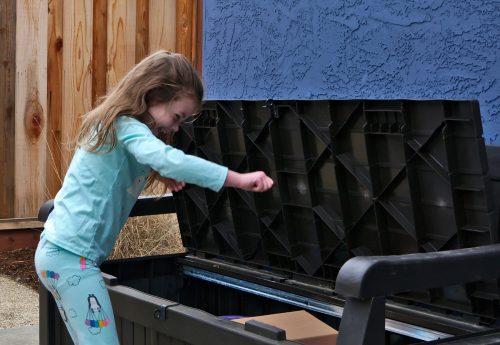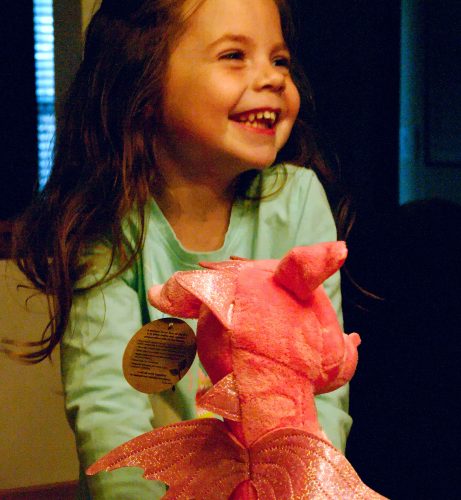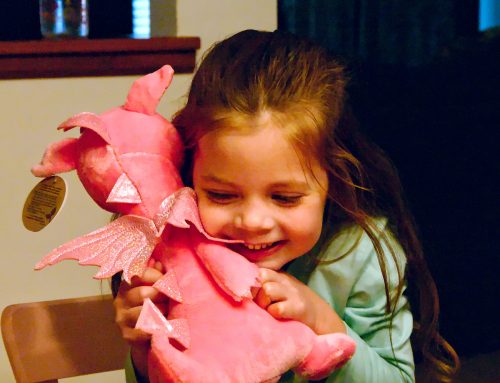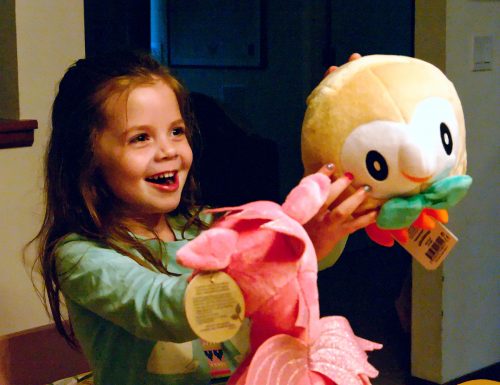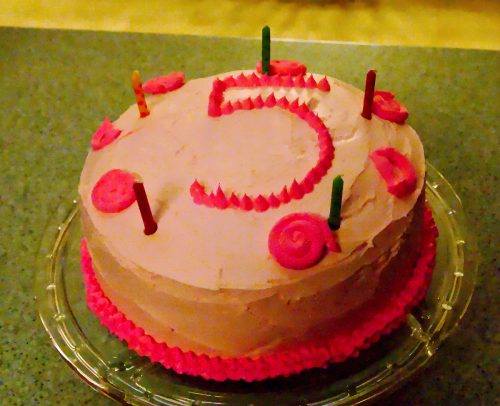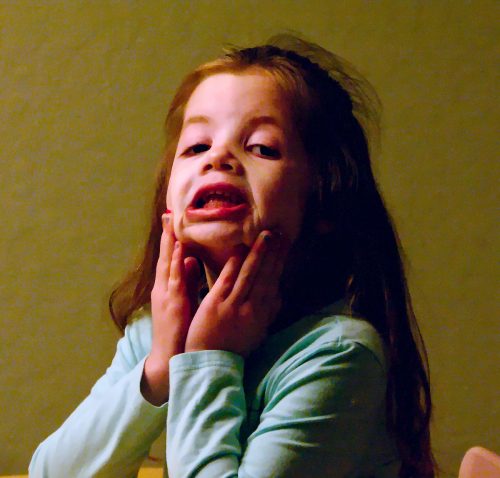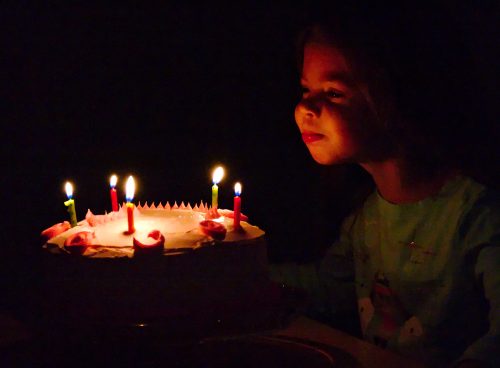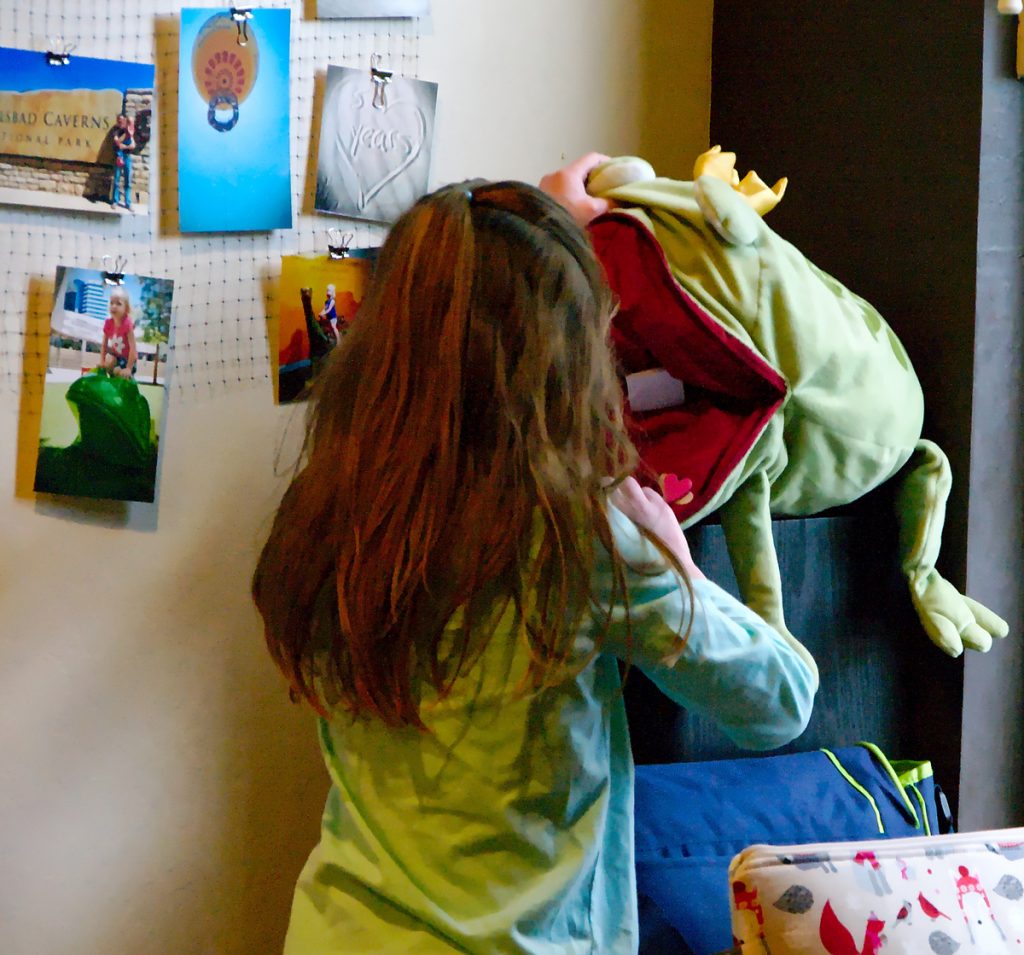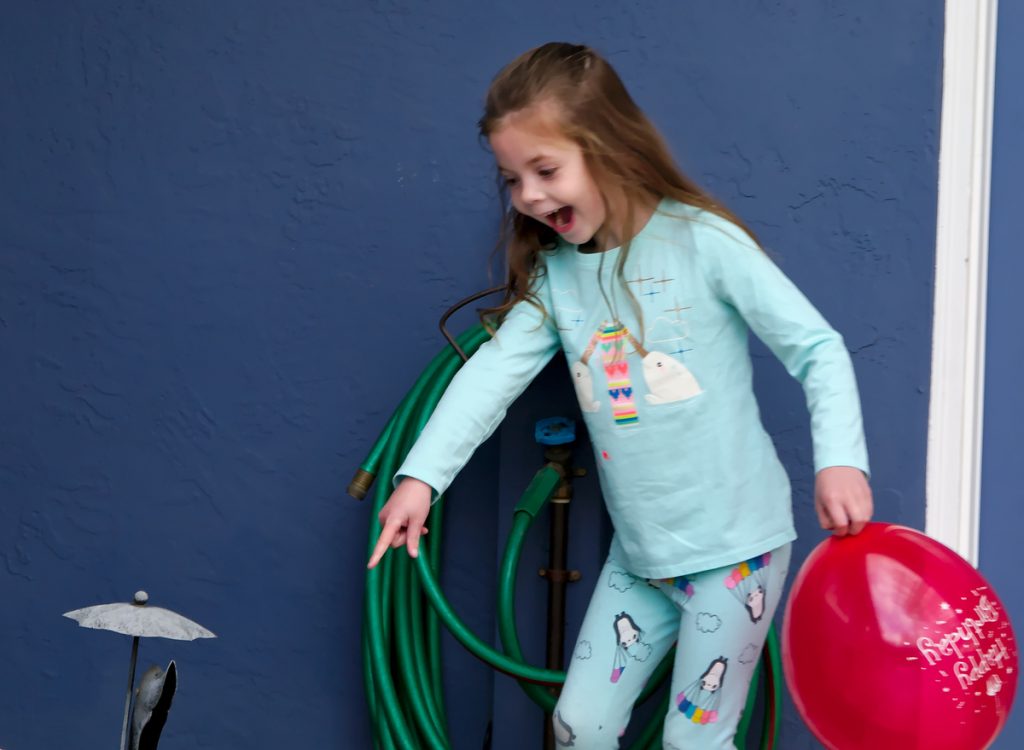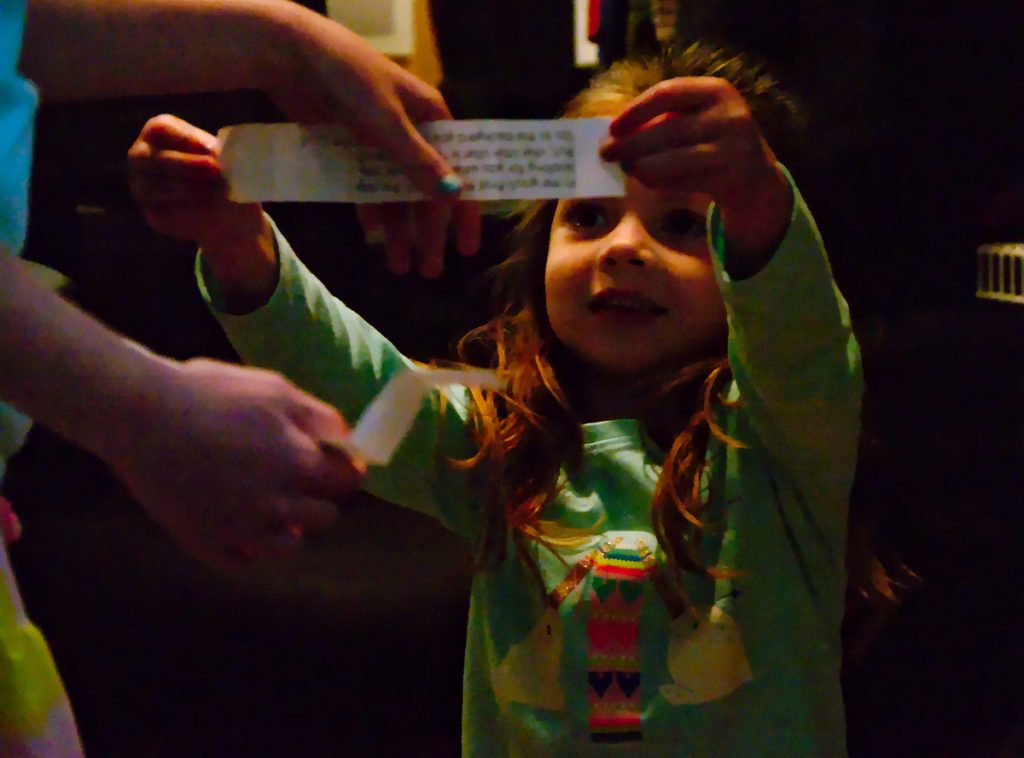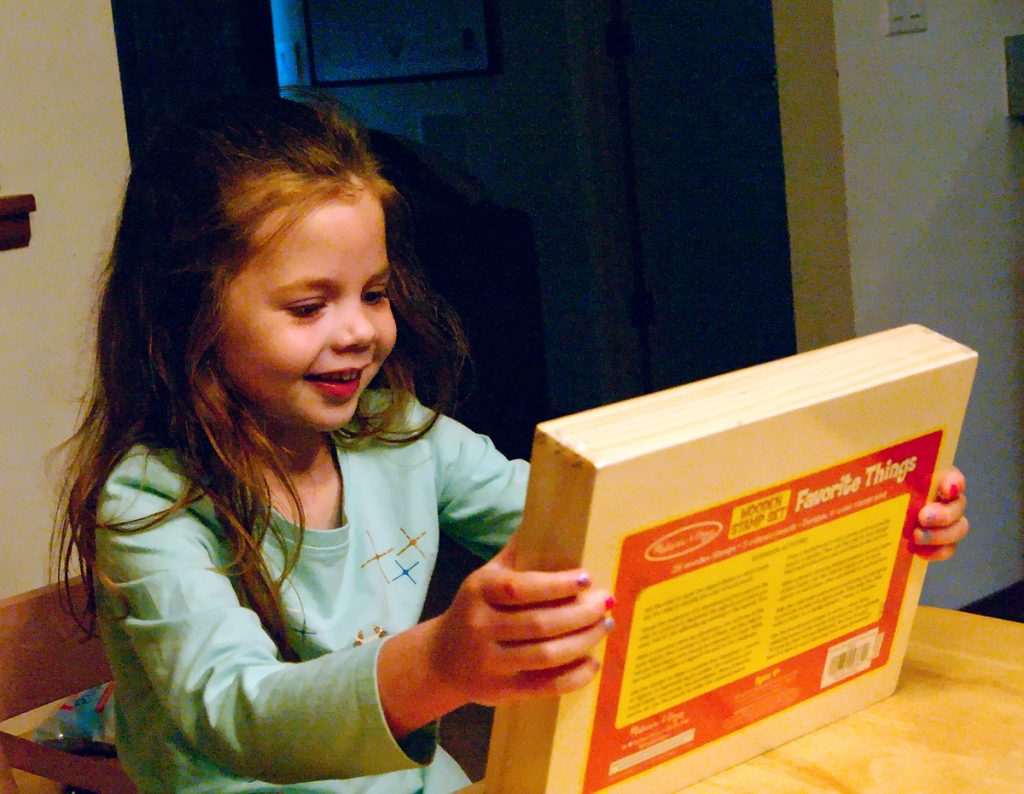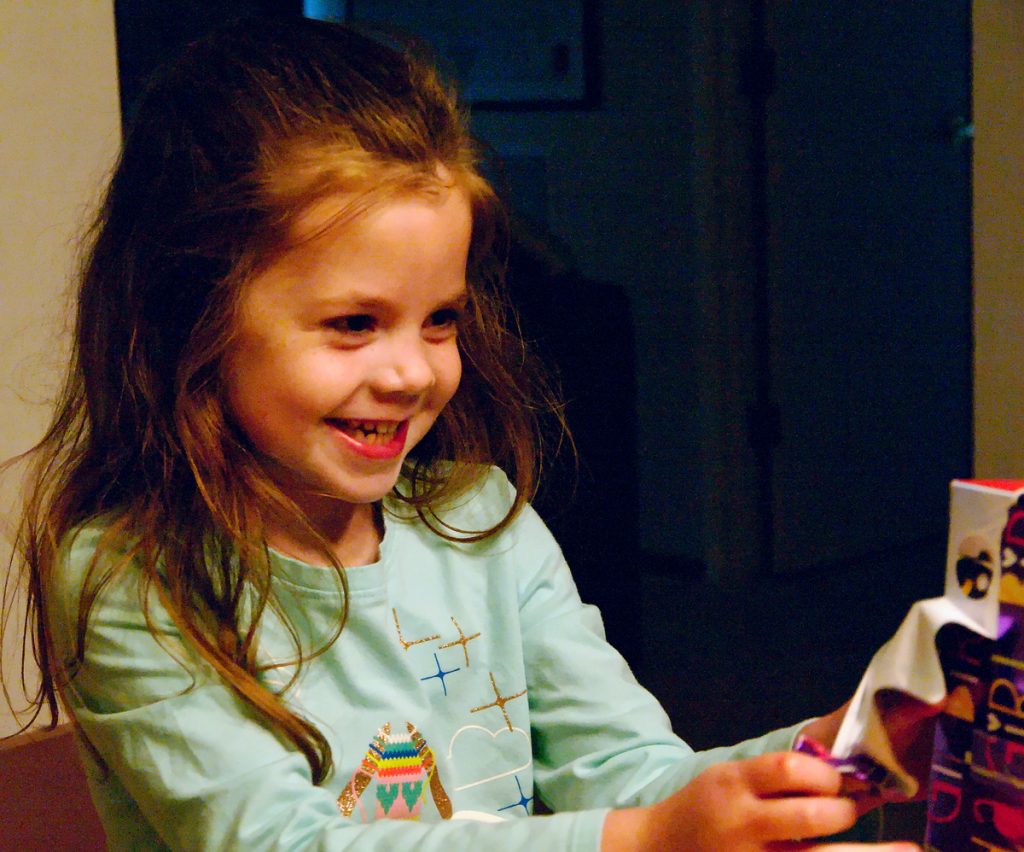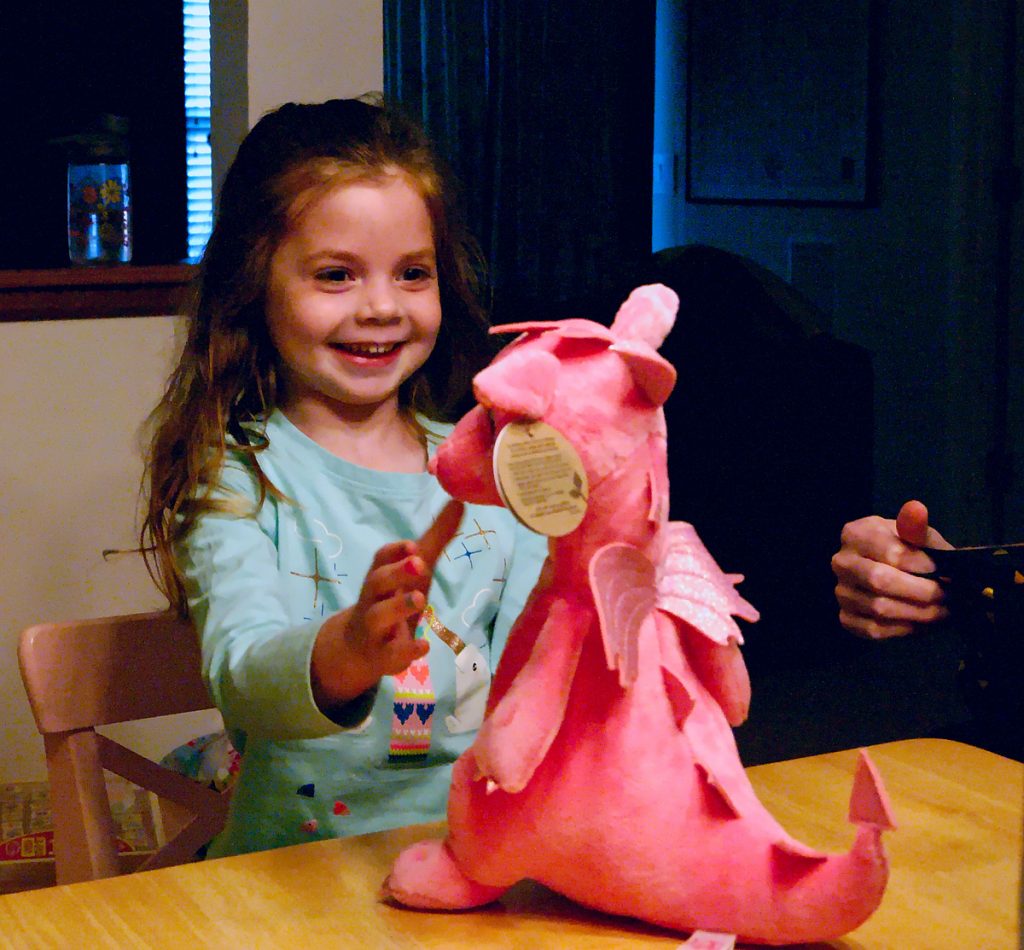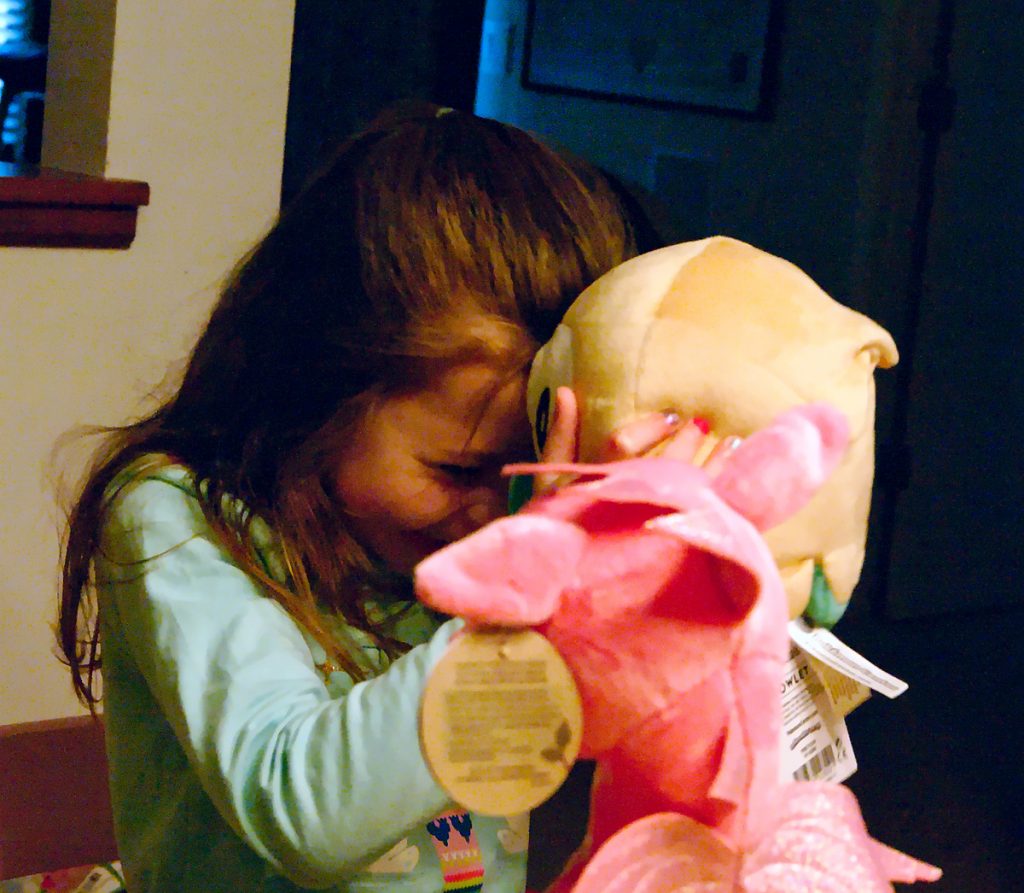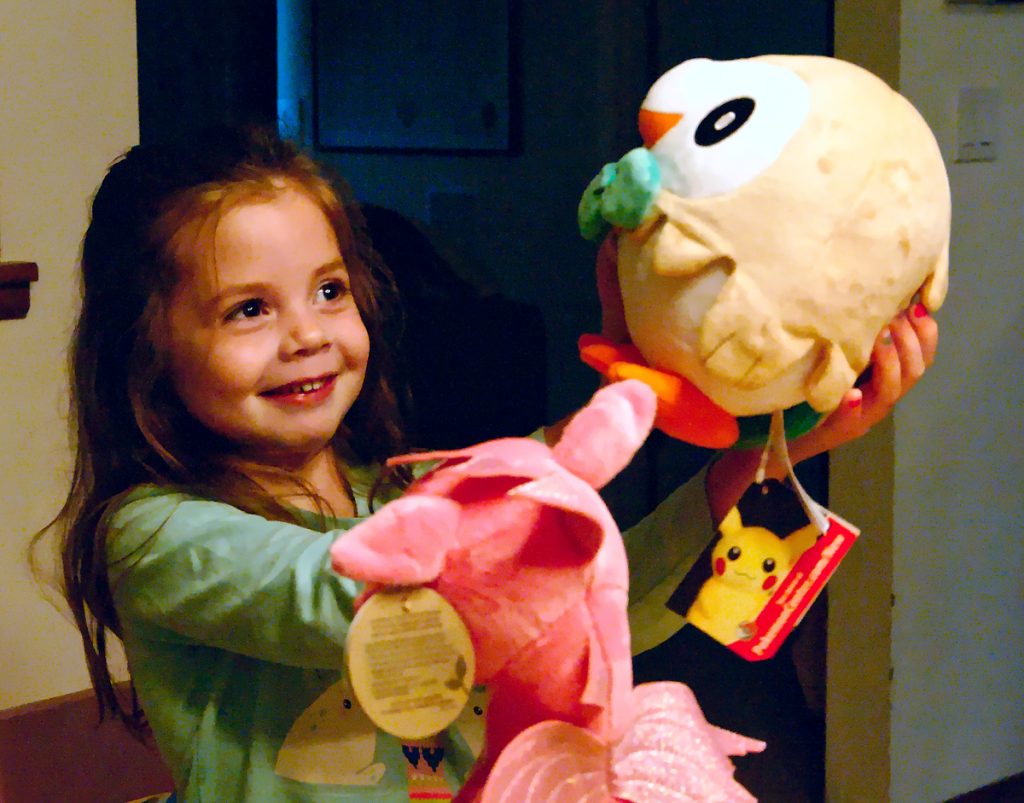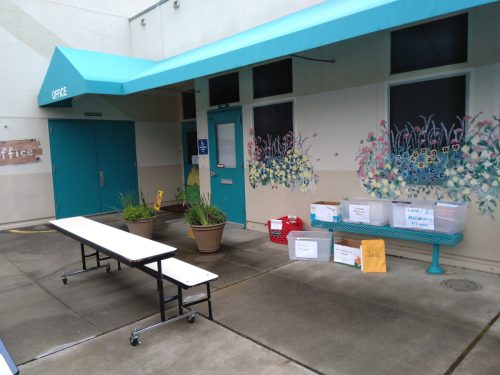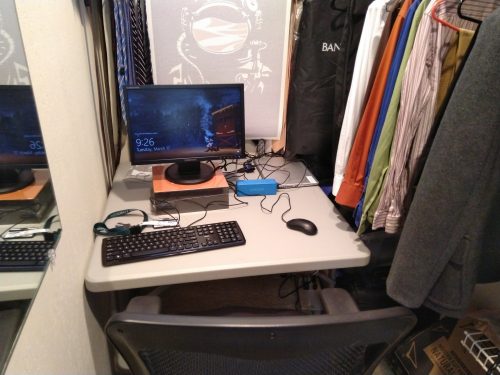I’m not writing this because I have anything particularly interesting to say to the wide world today, but perhaps someone in the future will find it interesting to hear my first-hand account of these days.
I try to maintain at least a basic awareness of world events, so likely the first time I heard about this new respiratory illness spreading through China was from this NPR article: “CDC To Screen For New Strain Of Coronavirus At 3 U.S. Airports” – Jan 10, 2020.
That article contains statements such as, “Chinese authorities say the virus does not transmit easily between people.”, “It’s a serious-enough infection, but not like SARS or MERS”, and “Frieman says his concern level for this outbreak is 4 out of 10. Signs point to an infection that’s not very lethal and doesn’t spread easily between people.”
Meanwhile, we were in the middle of impeaching/trying Trump, Australia was on fire, Hong Kong had been protesting for democracy, and the world was still dealing with a massive refugee crisis. Not to mention Trump had just had an Iranian general assassinated, Iran accidentally shot down a passenger jet, and it looked like war could break out at any time. And the Democratic Primary for this year’s presidential election was in full swing. A new “flu” in China that wasn’t very contagious or dangerous didn’t have a large impact.
News stories started popping up more often over the coming weeks, but it still was a side-issue. Probably not going to affect my life. Nothing to worry about.
I probably started actually paying attention on March 5 (Thursday) when the Lab sent out an email that an employee had been sent home with a presumptive case of COVID-19 (pending testing). The Lab closed that building for cleaning and sent home 23 other employees who had been in contact with the person. They began advising those who could work from home to do so. Two of my team members chose to work from home the the rest of Thursday and all day Friday.
There was still the question of whether that was an overreaction or not. But the Lab has epidemiologists, virologists, micro-biologists, physicians, etc. on staff. They presumably knew better than other companies about an appropriate response. So I started paying attention.
Work strongly encouraged working from home and began processing mass approvals for property passes (to take computer equipment off-site) and VPN access.
I worked from home the next week (starting Monday March 9). On Wednesday (March 11) I went to volunteer at Mathcounts after school, as regularly scheduled. That evening the school system cancelled all extracurricular activities. On Friday (March 13) they cancelled school for the next 4 weeks (the 4th week was already Spring Break).
Every day the news was filled with the continuing collapse of the stock market; how many new cases and deaths were cropping up around the country and world; and what countries were shutting borders, closing restaurants, quarantining provinces, etc. It was a week that felt like a month.
We watched as the exponential growth curves started exploding around the world and more personally around California–cases doubling every 2-3 days. At the beginning of the week Alameda County had 2 known cases from travelers that had been quarantined. The wife of one of those cases caught it and 2 became 3. Alameda County was stable for days, but by the end of the week it was 9 and this morning (March 16) it’s 18. And we know these numbers are low because there aren’t enough test kits available to test everyone that should be.
South Korea is performing ~20,000 tests a day. The U.S. is hoping to reach 4,000/day by the end of this week. We’re woefully behind on gathering the needed knowledge to respond properly. So the only real choice is to shut down everything that can be; which is probably what the missing data would say to do anyways.
Oh, and that’s all ignoring the part where panic buying cleared out stores of all rice, pasta, toilet paper, frozen foods, beans, canned goods. It really doesn’t help that every part of this is exactly how the post-apocalyptic stories all start. We know that’s not the situation we’re really in, but people internalize the fear of those stories and act on it in reality.
For me, it’s mainly been a constant, low-level, background anxiety which makes it difficult to concentrate on tasks, enjoy entertainment designed to distract, or sleep particularly soundly. I’ve been trying to cope via daily walks, riding the exercise bike, and other exercise to try and burn off some stress.
We know the worst is still to come. We’re way behind on testing and we really don’t know what the situation is going to look like in one or two more weeks. If people take the social distancing protocols seriously we may be able to manage the tide; if they don’t we’re probably going to see the healthcare system be overwhelmed. But we just don’t know.
And if everything goes perfectly from here on out we’ll still be looking at a major economic catastrophe at the other end of the medical catastrophe. Yesterday (Sunday, March 15) the Federal Reserve did an emergency rate cut. The new target for the federal funds rate is 0.0-0.25%. They also announced $600 billion in quantitative easing. These were essentially their last-resort options during the 2008 financial crisis. On that news the stockmarkets promptly dropped 10%. We have a long way to go with this and the Fed is basically out of options to respond.
It’s been 10 days and it feels like it’s been 6 months. 2020 is going to be a very long year.

